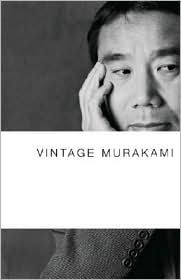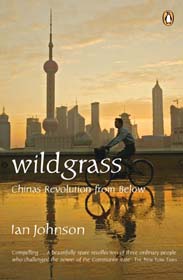
Love in the Time of Cholera
Gabriel Garcia Marquez
(Alfred A. Knopf, New York: 1988)
Translated from Spanish by Edith Grossman, 1988.
READ: March 2007
I'd read One Hundred Years of Solitude many, many years ago (back in high school, in fact), and really enjoyed it. This book was one of the few left to me by my predecessor, but I hadn't gotten around to reading it yet.
Now, I was feeling a bit down about Japan at the time I read it, so I think it was a bit of a relief to be so suddenly transported to Colombia. It is the story of Florentino Ariza and his lifelong wait for Fermina Daza, a beautiful, haughty woman who once told him she would marry him but then did not.
It was a compelling read. It was supposed to be the book I brought with me on my trip to Hokkaido, but I handily finished it in the 3 days before leaving. That being said, I started to be filled with dread sometime during the last 100 pages. The characters were starting to do and say things that I thought were leading to a dumb, Disneyfied, happy ending. While that's a bit harsh, I was disappointed in the end. I guess I just don't have any sympathy for Ariza, who spends his life in a weird fantasy world where everything is done with the intention that one day Fermina Diaz will come back to him, and when she does, everything must be just so. I see that as being a bit compulsive, in a creepy way rather than a cute, or devoted, way. Maybe I'm just too unromantic to appreciate it.



